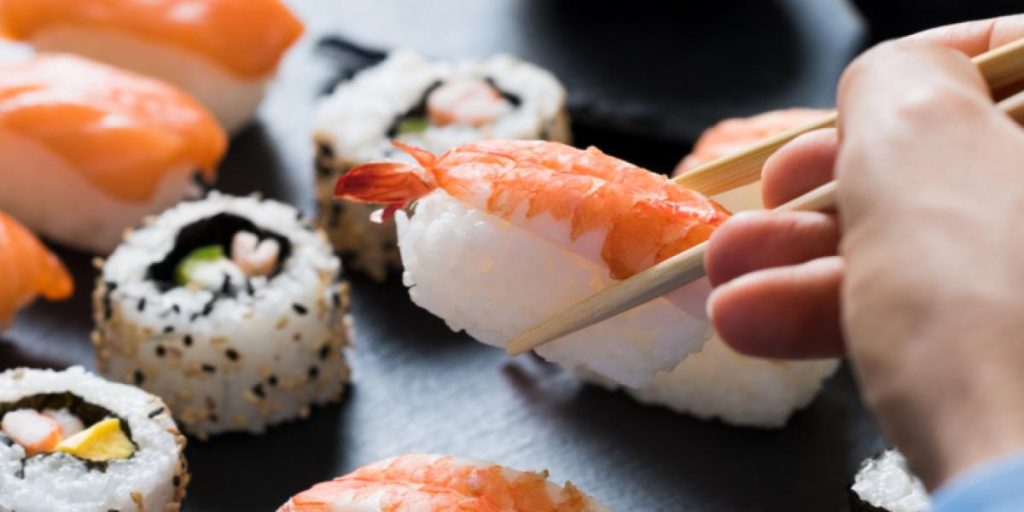China imposes seafood ban on Japan
Others are reading now
In a significant escalation of tensions between two neighboring countries, according to CNN, China announced a comprehensive ban on all seafood from Japan. This decision comes in response to Tokyo’s commencement of releasing treated radioactive wastewater from the Fukushima nuclear plant.
The release of the treated wastewater is part of a contentious plan that has faced strong objections from consumers and some regional countries, with China leading the criticism. The operation began on Thursday afternoon, sparking a vehement response from China, which described the act as “selfish and irresponsible.”
China’s customs department declared that it would cease importing all aquatic products originating from Japan, including not only seafood but also other oceanic products like sea salt and seaweed. The move aims to prevent “the risk of radioactive contamination of food safety” and protect Chinese consumers’ health.
Japan has consistently argued that discharging the treated water is safe and urgently required to free up space at the damaged nuclear power plant. The discharge began at 1 p.m. local time, with Tokyo Electric Power Company (TEPCO) overseeing the operation. TEPCO plans to release 7,800 cubic meters of treated wastewater over a 17-day period.
Also read
While the U.S. and Taiwan have backed Japan’s decision, China and the Pacific Islands have been vocal in their opposition. They argue that the release could have widespread regional and international impact, potentially threatening human health and the marine environment.
Social Media Outcry
Chinese social media was flooded with anger and dismay, with a hashtag about the release gaining over 800 million views on Weibo in just a few hours. Many users supported the seafood ban, while others called for a broader ban on all Japanese products.
The total ban on Japanese aquatic products and seafood builds on previous regulations that had already stopped imports from Fukushima and nine other regions of Japan. As mainland China and Hong Kong are Japan’s top two biggest export markets for seafood, this could spell significant trouble for the Japanese fishing industry.
Despite the backlash, Japanese authorities and international supporters, including the United Nations’ nuclear watchdog, maintain that the release is safe. The wastewater has been treated and filtered to remove harmful elements, and third parties, including the UN’s International Atomic Energy Agency (IAEA), will monitor the discharge.


